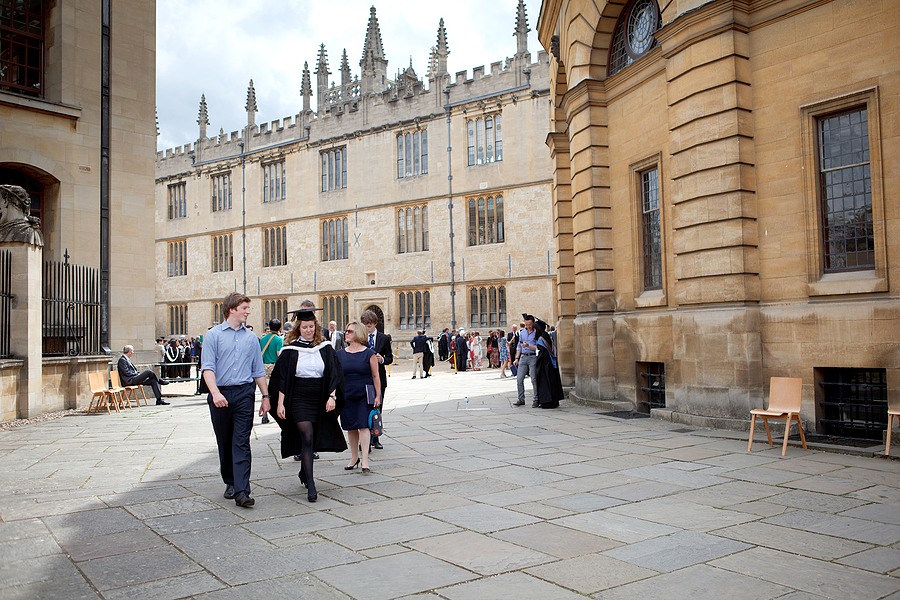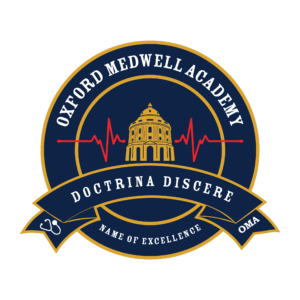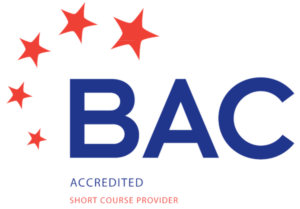One of the most critical foundations of medical teaching regards ethics, and many foundation courses in medicine will not only focus on critical scientific knowledge but also a primer on medical ethics.
Whilst the ethical conduct of doctors is guided and enforced by documents such as the Good Medical Practice, one other, much shorter document forms the origins of most modern interpretations of medical ethics, albeit not without controversy.
The Hippocratic Oath is a proclamation often made in some form by graduating physicians and whilst far from comprehensive, it is seen as providing a few guiding principles at its core for doctors to follow, such as respecting a patient’s right to confidentiality, prescribing treatments that provide benefits and maintain a moral professional life.
The most notable of these, albeit one that does not specifically appear in the earliest known versions of the Oath, is the principle of “primum non nocere” (“first, do no harm”).
This is one of the most influential aspects of the Oath because it affects not only an individual doctor’s practice but also the guiding principles of many treatments and an emphasis on minimally-invasive procedures, avoiding overdiagnosis and overtreatment.
Its exact importance has been the subject of considerable debate, not least because the earliest translations of the Oath are fundamentally at odds with modern medicine.
For example, a pledge to never “use the knife” would make the entire field of surgery impossible, as well as the heavily religious tone that has led to questions about whether Hippocrates was even its original author.
This has led to multiple rewritings of the Oath, as well as the use of related pledges such as the Bristol Promise to make it more relevant for the modern practice of medicine, whilst retaining the aspects of the Oath that have helped it to remain relevant for thousands of years.
With that in mind, the fact that the majority of medical schools in the UK either allow or outright require a recital of the ancient Oath highlights its continued importance.






